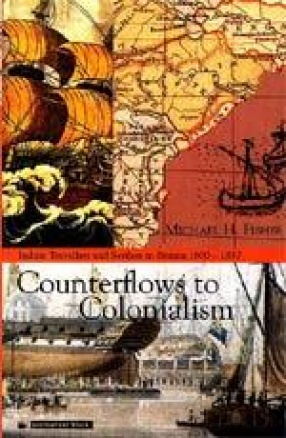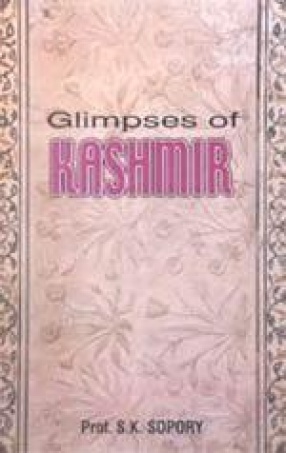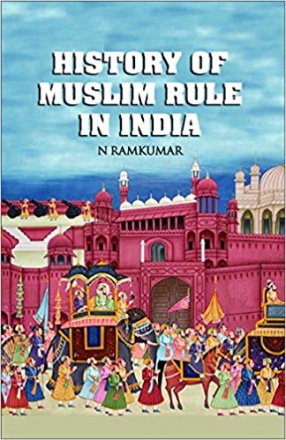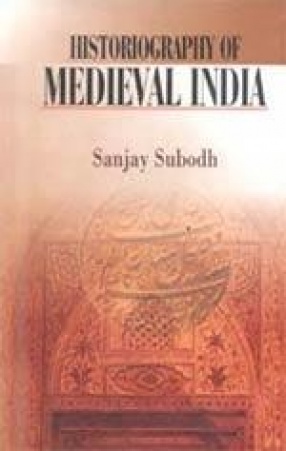Indians have been visiting or settling in England since the early 1600s. Forming ‘counterflows’ to colonialism, Indians entered Britain, lived among Britons, and produced knowledge which compelled British responses. By the mid-nineteenth century several thousand Indian seamen, servants, scholars, soldiers, women and children, students, diplomats, royalty, merchants, tourists, and settlers were participating in varying ways within British society, depending on their gender, social origin, and personal circumstances. In multifarious and contested ways, their self-representations and activities influenced British attitudes and policies towards them as individuals and towards India generally. Some settled, but most returned to India after months or years living in Britain. Most also sent or brought back to India direct information about Britain which disseminated in complex ways within Indian society. The context for these interactions and representations was colonialism and its processes, which powerfully altered what being ‘Indian’ meant, both culturally and legally. This book surveys and analyses the range of Indians that ventured to Britain over 250 years, their reasons for travel, their diverse lived experiences, and their contrasting representations of colonizer, colonized, and colonial rule. Written in lucid and jargon-free prose, this volume will enthrall general readers as well as historians. Its strong interest in narrative and the telling anecdote, in individual personalities and peculiar lives, makes this book unusually appealing as much for its incredible wealth of new data and fresh arguments, as for its accessibility.
The First Indian Author in English: Dean Mahomed (1759-1851) in India, Ireland and England
The first Indian ever to ...
$22.95
$25.50






There are no reviews yet.